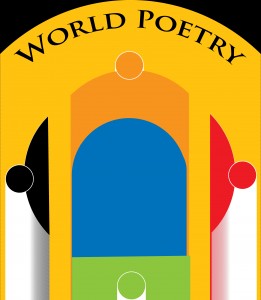On Wednesday, March 21, 2012, the Irving K. Barber Learning Centre hosted a symposium called Addressing injustice: UBC’s Response to the internment of Japanese Canadians students, which examined UBC’s role and response to the internment of 76 Japanese Canadian students during the Second World War, and how those issues resonate today. The March 21st symposium examined UBC’s role. Participants also examined related ethical issues to connect issues of justice and responsibility in what happened 70 years ago to issues that still resonate today. You can view the webcast here. A 32 minute video directed by Alejandro Yoshizawa featuring the stories of six Japanese Canadians who were UBC students in 1942 was shown. Seventy years after Japanese Canadian UBC students were forcibly removed and exiled from the B.C. coast, UBC is examining its own role in this injustice with a symposium.
Although the Canadian government implemented the internment policy, the role and responsibility of UBC regarding its Japanese Canadian students remains an uncomfortable question. Many U.S. universities protested the inclusion of Japanese American students in the forced removal, tried to place their students at other universities or supported the completion of their degrees during the internment.
This was not the case at UBC. Even before internment, Japanese Canadian students in the university’s Canadian Officers Training Corps (C.O.T.C) had their commissions stripped by the university’s Senate Committee on Military Education. Two UBC faculty members, Henry Angus and E.H. Morrow, were among the few who spoke out against the injustice.
Symposium speakers included:
- Mary Kitagawa, an active member of the Japanese Canadian community who led the campaign for UBC honorary degrees
- Stan Fukawa, community historian, will speak about what life was like at UBC for Japanese Canadian students before the war
- John Price, University of Victoria history professor, will speak about the larger contexts for the forced removal of Japanese Canadians in 1942
- Henry Yu, UBC history professor, will address issues of justice and responsibility both in the past and present and why an awareness of history is a crucial element of citizenship and civic participation for all Canadians
